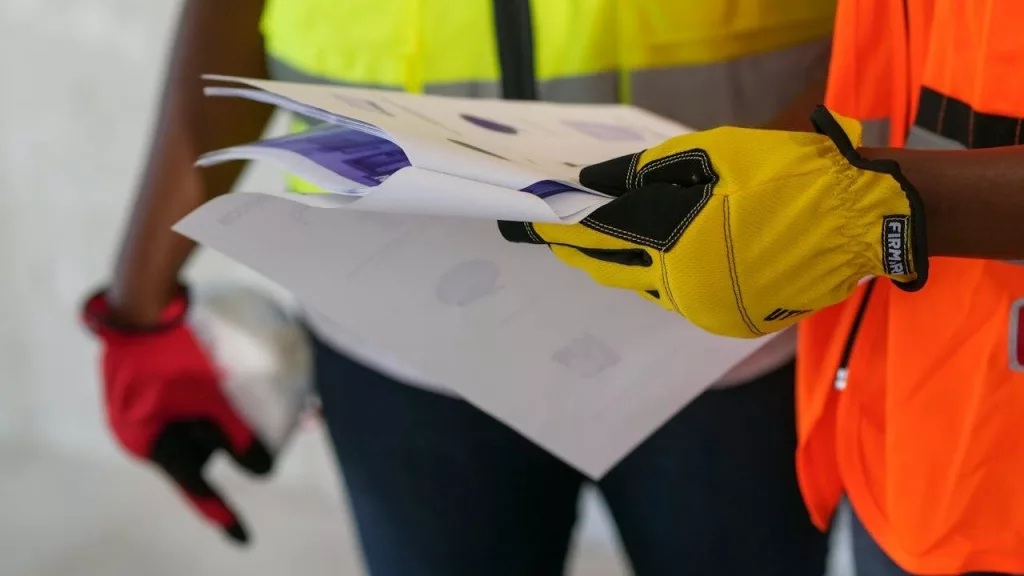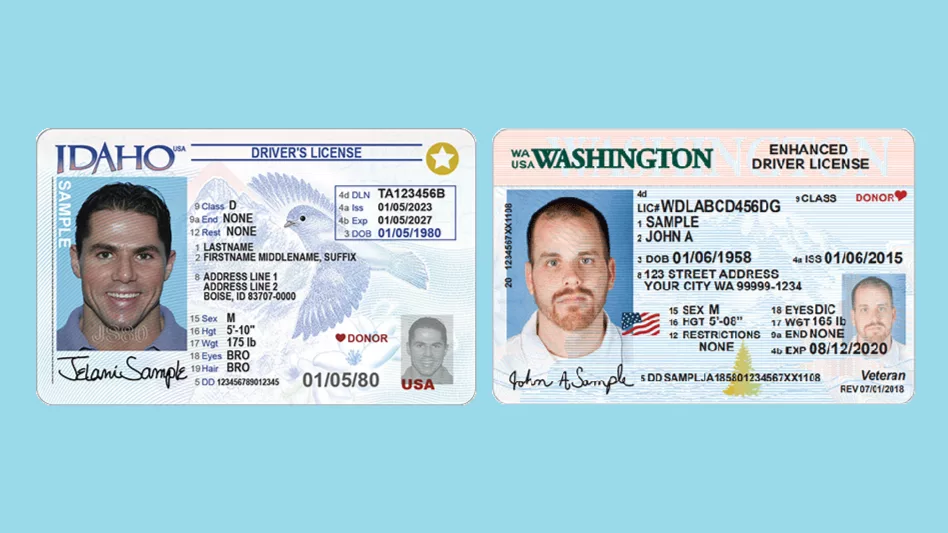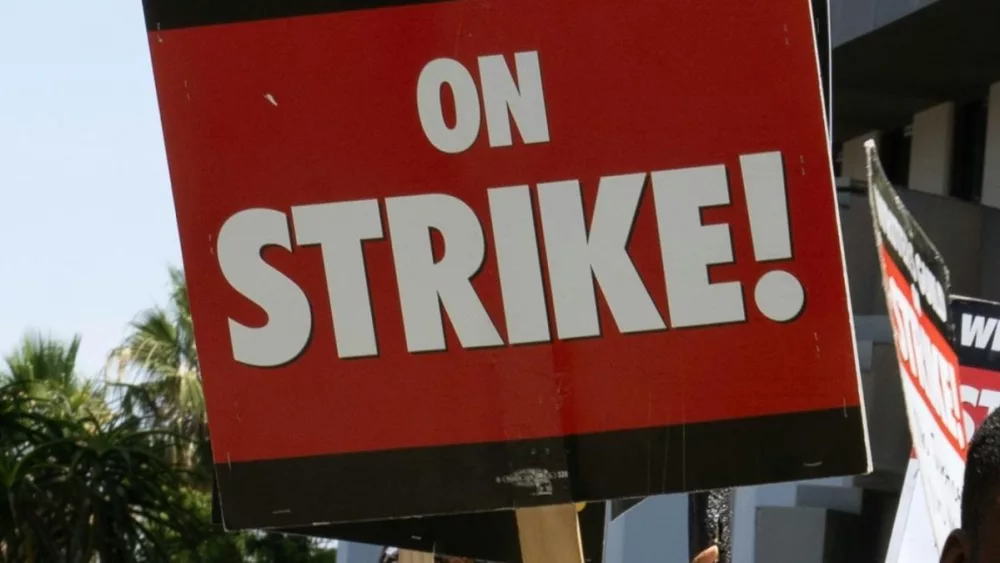L&I can now block a company with past labor and safety violations from receiving a special permit that allows minors to perform some dangerous tasks.
TUMWATER, WA – Prompted by an on-the-job injury in which a teenager lost both legs at a construction site while earning class credit, the state’s workplace safety agency has adopted new internal guidelines for companies seeking special permits in school work programs.
Washington’s Department of Labor & Industries allows companies that hire students from the Office of Superintendent of Public Instruction’s work-based learning program to apply for what is known as a “student learner variance,” which allows employers to assign minors some dangerous tasks otherwise prohibited. Such variances are separate from a company’s minor work permit.
L&I’s new criteria, which went into effect Jan. 15, require officials to start scrutinizing a company’s history of safety and labor violations, tax debts and workers’ compensation injury claims before issuing this variance. The six-page guidelines indicate the checks should ensure issuing “the variance will not be harmful to the health, safety, and welfare of the minor.”
“The criteria spell out how the agency will gauge an employer’s safety climate,” L&I spokesperson Matt Ross wrote in an email. “There are some jobs minor workers just shouldn’t do, for their own safety. Employers, L&I, parents, schools and young people all have a role — and a responsibility — to ensure safety on the job.”
An October 2024 Cascade PBS investigation found that L&I did not previously factor a company’s history of safety violations into the approval of student learner variances, allowing employers with multiple violations to assign dangerous tasks to teenage workers. L&I officials told Cascade PBS last fall they would be working to update their variance review process.
This story is part of Cascade PBS’s WA Workplace Watch, an investigative project covering worker safety and labor in Washington state.
The policy changes come after a 16-year-old student at Battle Ground High School in Clark County lost his legs while operating a trenching machine in June 2023. The teenager worked for Rotschy, a large construction company based in southwest Washington.
Prior to the incident, L&I had issued more than $126,000 in penalties against Rotschy in recent years for violating labor and safety laws, including one of the largest fines ever given by the state for breaking youth labor laws.
Rotschy later faced more than $156,000 in fines after L&I determined the company had allowed the injured teen worker to use a machine prohibited for minors to use, even with a variance, and that the company also did not properly train him on it or closely supervise him. L&I also revoked the company’s student variance.
Rotschy declined to comment on this story.
L&I issues about a dozen student learner variances to companies each year. Agency records show 10 companies statewide currently hold this variance, which requires any work done under it to be intermittent and under close supervision.
Now before approving a student learner variance, L&I child labor specialists must check if a company has the proper paperwork to hire minors and operate in the state, or any active lawsuits, tax debts or liens.
L&I employees are then instructed to review any past labor and safety violations. Little in the new rule outright prevents a company from receiving a variance, except a safety violation deemed willful, repeat violations or failure to abate a safety hazard within the past three years.
On a case-by-case basis, multiple serious violations in one inspection or a pattern of serious violations over multiple inspections may also disqualify companies. As can past youth labor and wage-theft violations.
L&I’s Ross said the guideline would not be applied retroactively to the companies currently holding a student learner variance.
“We can’t speculate on whether we would approve or reject an application we haven’t received,” he wrote in an email. “We will review each application as it comes in, and if the employer meets the criteria, they will be approved. If not, they may be denied or approved with extra steps based on a case-by-case analysis.”
One company currently holding a variance, Tapani Inc., also a construction company based in southwest Washington, has an L&I record of violations that could likely bar it from receiving a variance if it applied for one next school year.
Since 2018, Tapani has amassed two repeat and 13 serious safety violations over nine inspections, resulting in $80,500 in fines. The company is contesting several of these violations. L&I data show that during that period it also issued the company two separate citations in 2018 and 2020, along with $17,500 in penalties for assigning prohibitive tasks and overworking minors. All of which could disqualify the company from receiving a student learner variance.
“Tapani Inc. has confirmed with L&I that it is in good standing,” company spokesperson Ron Arp responded by email when reached for comment.
Find tools and resources in Cascade PBS’s Check Your Work guide to search workplace safety records and complaints for businesses in your community.
L&I does not have an established vetting process for companies that want to hire minors in general, or that take part in schools’ work-based learning programs. These new guidelines apply only to the little-used student learner variance.
The agency said it is also considering updating guidelines for approving separate student variances that companies can seek to extend the number of hours minors can work.
House Bill 1644, proposed in the Legislature this session, would apply many of the same criteria in the new guidelines to all companies employing minors.
The Office of the Superintendent of Public Instruction, which oversees the state’s work-based learning program, declined to comment and referred questions to L&I.
Rotschy never lost its minor work permit, according to L&I data, and can still hire minors and students enrolled in work-based learning programs. The agency did revoke the company’s student learner variance after the teen was hurt and the company has not been issued another one since, according to L&I.
The company continues to employ students participating in Battle Ground School District’s work-based learning program, according to Amanda Richter, a spokesperson for the district.
“Companies can’t request student workers, and they can’t hire students through the program,” Richter wrote in an email. “Students initiate their employment with each company, and many students who hold jobs do not participate in the work-based learning program.”
Visit cascadepbs.org/donate to support nonprofit, freely distributed, local journalism.





